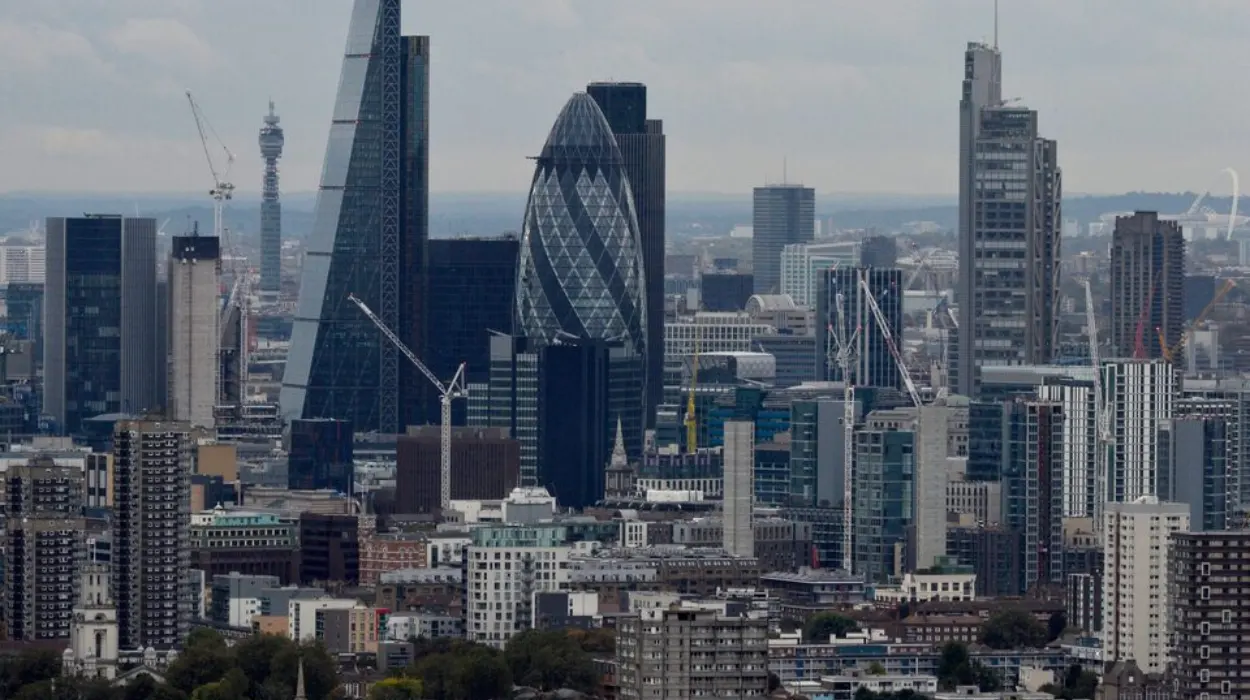Britain’s economy has maintained its momentum in early 2024, with strong growth reported among service firms and business optimism reaching a two-year high, according to a recent survey. However, persistent inflation pressures are likely to keep the Bank of England cautious about lowering borrowing costs.
The preliminary February S&P Global/CIPS UK Composite Purchasing Managers’ Index (PMI), which includes data from both the services and manufacturing sectors, rose to 53.3, the highest level in nine months, up from January’s 52.9. This exceeded economists’ expectations, who had predicted no change from January’s figures.
The survey suggested that Britain’s shallow recession from last year might be short-lived. S&P Global Market Intelligence’s Chief Business Economist, Chris Williamson, noted that the economy could grow by 0.2% to 0.3% in the first quarter of 2024 after contracting in the previous two quarters. This is likely to be a relief for Prime Minister Rishi Sunak, who has faced criticism from the opposition Labour Party.
Despite the positive growth signs, there are areas of concern for the Bank of England, including strong wage growth among services firms and supply chain disruptions due to tensions in the Red Sea, which have driven business price increases to their highest level since July.
The PMI for services firms remained steady at 54.3, while manufacturing, though still below the growth threshold, edged up slightly to 47.1 from 47.0 in January.
Williamson highlighted that while demand for financial services was driving growth, manufacturing continued to struggle, and consumer-facing services were still dealing with cost-of-living challenges. He warned that the continued rise in prices and economic growth could lead policymakers to be cautious about cutting interest rates.
There is a concern that inflation could stabilize at around 4%, rather than dropping to the Bank of England’s 2% target as widely expected. Although the central bank recently suggested that interest rate cuts might be on the horizon, most policymakers are looking for more evidence that inflationary pressures will ease.
Alex Kerr, an economist with Capital Economics, pointed out that the faster rise in prices charged by services firms indicates that services inflation, closely monitored by the Bank of England, may only gradually decrease to about 5% over the next six months. This could increase the central bank’s concerns about persistent domestic price pressures, though Kerr still anticipates that rate cuts could begin this summer.
The survey also noted that average cost burdens increased in February at the fastest pace in six months, driven by higher labor costs and rising freight costs for manufacturers affected by the Red Sea crisis. Despite an increase in new business at the fastest rate since May last year, companies remain cautious about hiring due to strong wage growth.


